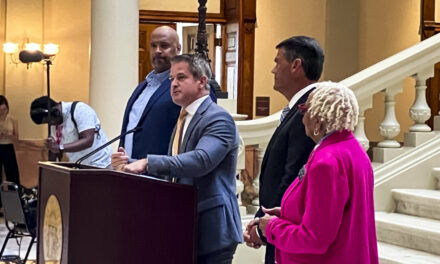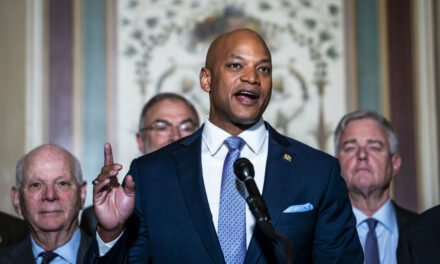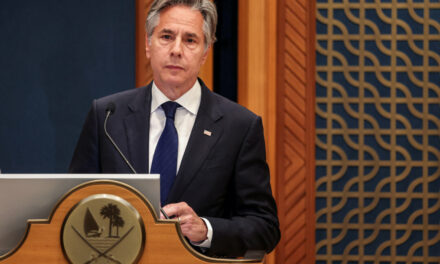We support our Publishers and Content Creators. You can view this story on their website by CLICKING HERE.
Social Security is already under pressure with approximately 10,000 baby boomers retiring daily.
A bipartisan group of lawmakers on the House Budget Committee have urged action to find a solution to the impending insolvency of the Social Security and Medicare programs.
With approximately 10,000 retirees entering the Social Security program each day due to the retirement of baby boomers, the system is under unprecedented strain. Chairman Jodey Arrington (R-Texas) emphasized the urgency of the situation, noting that without congressional action, Social Security faces insolvency by 2033, and Medicaid would reach the same crisis situation in 2035.
Stephen Goss, Chief Actuary for the Social Security Administration, presented a sobering outlook on the program’s future. He explained that the Old Age, Survivors, and Disability Insurance (OASDI) trust fund reserves are projected to be exhausted by 2035, at which point only 83 percent of scheduled benefits will be payable.
The hearing also addressed the impending imbalance between workers and beneficiaries, with the ratio soon expected to reach a critical 2:1. This shift underscores the increasing financial burden on the working population to support retirees, exacerbating the program’s fiscal challenges.
In historical context, Mr. Goss referenced the 1982 Greenspan Commission, which successfully implemented bipartisan reforms to address Social Security’s solvency issues. However, he pointed out that the current economic and demographic conditions require a new set of solutions to ensure long-term sustainability.
In addition to Social Security, the hearing examined Medicare’s financial outlook. Paul Spitalnic, Chief Actuary for the Centers for Medicare and Medicaid Services, reported that Medicare expenditures exceeded $1 trillion in 2023, with assets decreasing by $12.4 billion. He warned that the Hospital Insurance (HI) Trust Fund is on track to be depleted by 2036.
Mr. Arrington questioned the Social Security Administration actuary, asking specifically what would be the result if Congress did not make changes to the current plan: “There’s going to be a point at which we’re not able to pay beneficiaries the full amount. How much will they take in an automatic cut?”
Mr. Goss answered, saying that if changes were not implemented, his office would be in a position in 2035 to only pay 83 percent of benefits, making it a 17 percent likely reduction.
In addition to the increasing number of beneficiaries, the representative from the Medicare program noted that healthcare costs are increasing at a faster rate than the increase of inflation.
The Republicans and Democrats on the panel promoted changes to the plan, including the Republican plan to increase the age of eligibility and Democrats pushing for a raise in the income cap for contributions to the funds.
According to Mr. Goss’s figures, a person making $50,000 per year would contribute 12.4 percent of their income to the program, half by themselves and half by their employer. In contrast, a person making $400,000 would contribute just 5.2 percent of their income, again, half out of their pockets and half out of their employers’. These figures supported the Democrat proposal to lift the payroll tax cap on high earners to reduce the long-term deficits.
The chairman, who has advocated for cutbacks to ensure that the program can remain solvent, was clear in his statements that he believes a major hindrance to solving the issues surrounding Social Security is due to political ploys.
According to Mr. Arrington, many lawmakers have been hesitant to touch the issue of Social Security and Medicare because of the possible negative impact on campaign strategy, saying,” Somebody’s going to send out a mailer that shows you all throwing grandmother off the cliff.”
The lawmaker encouraged his fellow representatives to ignore the possible political fallout and work to find a solution to the problems with the program: “This is how this town keeps us from being the kind of leaders that our nation needs now more than ever. So my prayer is we unite, not as Republicans, not as Democrats, but as Americans.”

 Conservative
Conservative  Search
Search Trending
Trending Current News
Current News 







